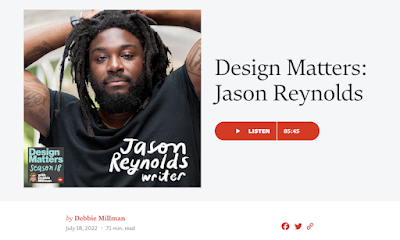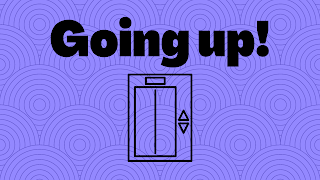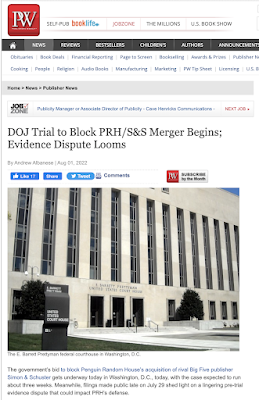Last month saw the virtual town hall announcing the formation and launch of Disability in Publishing! The group is cooking up lots of great things for disabled folks working in publishing...
Their mission reads:
Our mission is to create community, provide resources, and increase accessibility across the industry in order to increase disability visibility and retain the talent of disabled publishing professionals. We will support each other through advocacy, education, networking, and community. We are committed to working from an intersectional perspective.
And their website already includes some helpful resources that will grow over time, including:
An Agents Directory, "A list of agents who are interested in representing authors who have disabilities, and books with disability representation."
An Editor Directory, "A list of editors who are interesting in acquiring books with disability representation and working with writers with disabilities."
A Freelancer Directory, "A list of individuals who are open to freelance or work-for-hire work and identify as a Person with Disability"
There will be a listing for jobs and an accessibility guide for employers as well!
You can learn more about Disability in Publishing here.
Illustrate, Translate, and Write On,
Lee










